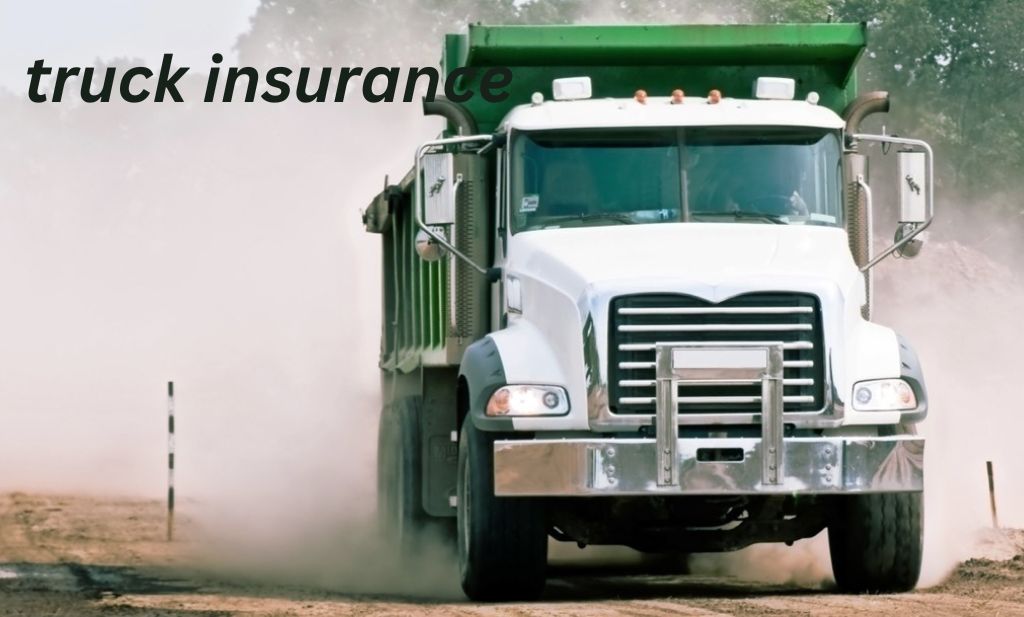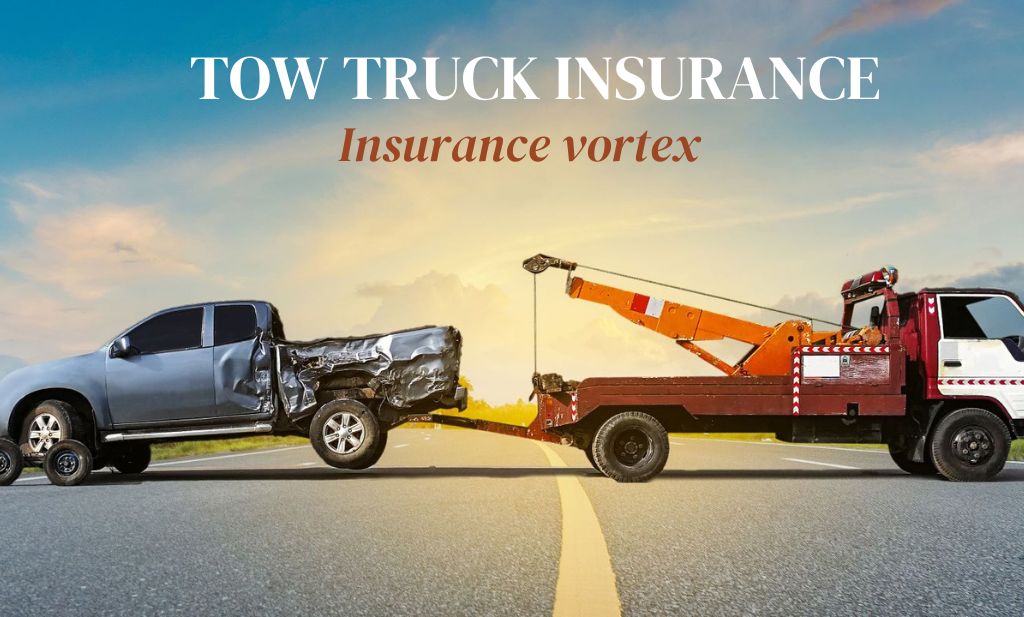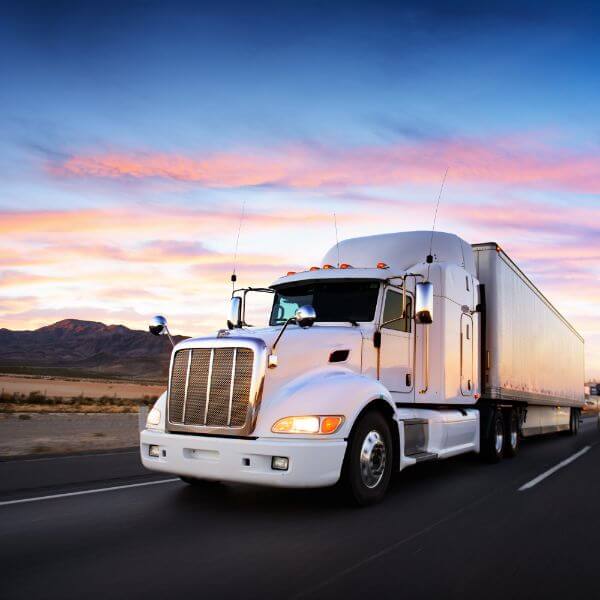What Is Non-Trucking Liability Insurance and its Coverage?
What Is Non-Trucking Liability Insurance and it's coverage?

Non-Trucking Liability Insurance.
Non-trucking liability insurance, often abbreviated as NTL, is a type of insurance coverage designed specifically for independent owner-operators who lease their vehicles to motor carriers. It provides coverage for situations when the owner-operator is using their truck for non-business purposes, such as personal use or when they are not under dispatch by the motor carrier.
Here’s what non-trucking liability insurance typically covers:
Third-party bodily injury: If you cause an accident while using your truck for non-business purposes and someone else is injured, non-trucking liability insurance can cover their medical expenses and related costs.
Third-party property damage: Similar to bodily injury coverage, if you damage someone else’s property while driving your truck for non-business purposes, this insurance can cover the cost of repairs or replacement.

Legal defense costs: If you are sued as a result of an accident that occurs while you’re using your truck for non-business purposes, non-trucking liability insurance can help cover your legal defense expenses, including attorney fees and court costs.
It’s important to note that non-trucking liability insurance typically only provides coverage when the truck is being used for personal reasons and is not under dispatch by the motor carrier. When the truck is being used for business purposes or is under dispatch, coverage is typically provided by the motor carrier’s primary liability insurance.
Overall, non-trucking liability insurance provides essential protection for owner-operators during times when they’re not actively engaged in business activities for the motor carrier they’re leased to.
Non-Trucking Liability Insurance Coverage Include:

Non-trucking liability insurance provides crucial protection for independent truck drivers who lease their vehicles to motor carriers. This specialized insurance coverage is tailored to situations where the truck is being used for personal reasons rather than business purposes. Let’s delve deeper into what non-trucking liability insurance includes and why it’s essential for owner-operators.
Firstly, non-trucking liability insurance covers third-party bodily injury. In the unfortunate event of an accident while the truck is being used for personal errands or recreational activities, this coverage steps in to address medical expenses, rehabilitation costs, and other related expenses for individuals injured in the accident. Whether it’s a pedestrian, another driver, or a passenger, this coverage ensures that their medical needs are met, providing financial support during a challenging time.
Secondly, third-party property damage is another vital component of non-trucking liability insurance. Accidents can result in damage to property belonging to others, such as vehicles or structures. This coverage helps to cover the costs of repairs or replacement, ensuring that affected parties are not left with significant financial burdens due to damage caused by the insured truck. Whether it’s repairing a dented car or fixing a damaged fence, non-trucking liability insurance steps in to alleviate the financial impact on third parties.
Moreover, legal defense costs are a crucial aspect of non-trucking liability insurance coverage. If the owner-operator faces a lawsuit stemming from an accident while using the truck for personal reasons, this coverage provides financial assistance for legal fees, court costs, and settlements or judgments up to the policy limit. Legal proceedings can be complex and expensive, but with this coverage in place, owner-operators can navigate the legal process with peace of mind, knowing that they have support to defend their interests.

It’s important to emphasize that non-trucking liability insurance coverage only applies when the truck is being used for non-business purposes and is not under dispatch by the motor carrier. When the truck is engaged in business activities or under the direction of the motor carrier, coverage is typically provided by the carrier’s primary liability insurance. Therefore, non-trucking liability insurance fills a critical gap, ensuring that owner-operators are protected during personal use of their vehicles. In summary, non-trucking liability insurance coverage offers comprehensive protection for owner-operators during times when their trucks are used for personal reasons. By addressing third-party bodily injury, third-party property damage, and legal defense costs, this insurance provides financial security and peace of mind. For independent truck drivers, non-trucking liability insurance is not just an option – it’s an essential safeguard against unforeseen risks on the road
Types of Truck:
“Type of truck” refers to the classification or category of a commercial vehicle based on various factors such as size, weight, configuration, and intended use. Common types of trucks include:
Semi-trucks or tractor-trailers:
- Box trucks.
- Flatbed trucks.
- Dump trucks.
- Pickup trucks.
- Refrigerated trucks.
- Tow trucks.
Non-Trucking Liability: Exceptions and Restrictions.
Non-trucking liability insurance, while providing essential coverage for independent truck drivers during personal use of their vehicles, also comes with exceptions and restrictions that drivers should be aware of. Understanding these exceptions and restrictions is crucial for ensuring that owner-operators have the appropriate coverage in place when needed. Let’s explore some common exceptions and restrictions associated with non-trucking liability insurance.

One key exception to non-trucking liability insurance coverage is when the truck is operating under dispatch by the motor carrier. In such cases, the motor carrier’s primary liability insurance typically applies, covering bodily injury, property damage, and other liabilities arising from business-related activities. Non-trucking liability insurance specifically excludes coverage during periods of dispatch, highlighting the importance of understanding when coverage applies based on the truck’s usage.
Additionally, non-trucking liability insurance may have restrictions related to the types of vehicles covered. While it typically applies to trucks leased to motor carriers, there may be limitations on the size, weight, or type of truck eligible for coverage. Owner-operators should review their insurance policy carefully to ensure that their specific vehicle meets the criteria for coverage under non-trucking liability insurance. Furthermore, non-trucking liability insurance may have geographical restrictions that limit coverage to certain regions or territories. Coverage may vary depending on whether the truck is operating within a specified radius from the owner-operator’s home base or if it extends to interstate or long-haul travel. It’s essential for owner-operators to understand these geographical restrictions to avoid gaps in coverage when traveling outside the designated areas.
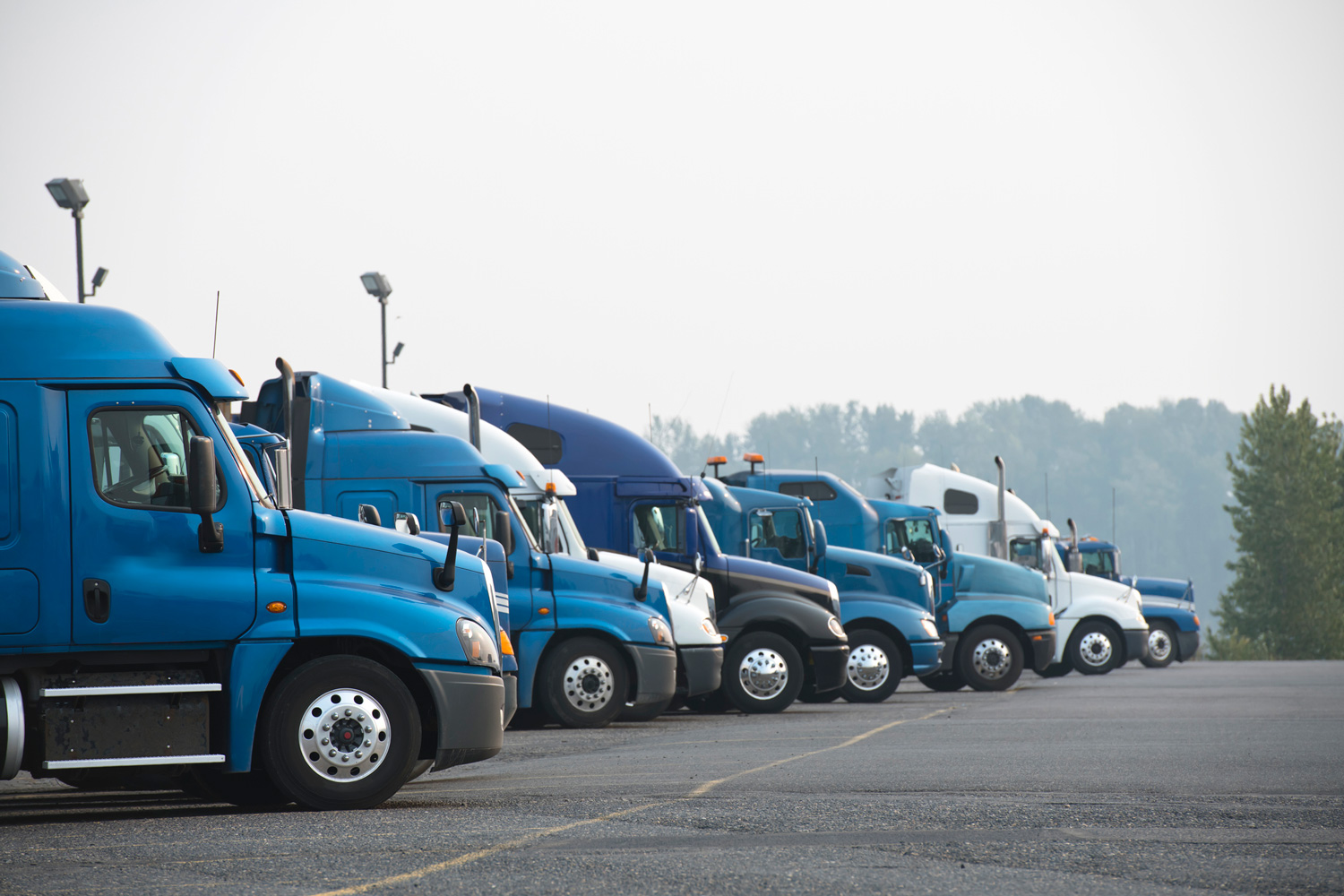
Another important consideration is the exclusions outlined in the insurance policy. While non-trucking liability insurance provides coverage for third-party bodily injury, property damage, and legal defense costs, there may be specific exclusions that limit coverage in certain circumstances. Common exclusions may include intentional acts, racing, or illegal activities. Owner-operators should familiarize themselves with these exclusions to avoid potential claim denials.
Moreover, non-trucking liability insurance may have limitations on coverage amounts or deductibles that could impact the extent of protection provided. Understanding the policy limits and deductible amounts is essential for determining the level of financial risk exposure in the event of an accident. Owner-operators should assess their insurance needs carefully and consider adjusting coverage limits or deductibles as necessary to align with their risk tolerance.
While non-trucking liability insurance offers valuable protection for owner-operators during personal use of their vehicles, it’s essential to be aware of exceptions and restrictions that may apply. By understanding when coverage applies, any limitations on vehicle types or geographical regions, as well as exclusions and limitations on coverage amounts, owner-operators can ensure that they have the appropriate insurance protection in place to safeguard their interests on the road.

Physical Damage Coverage.
Physical damage coverage is an essential component of trucking insurance that protects the owner-operator’s vehicle against damage caused by accidents, collisions, vandalism, theft, fire, and other perils. Unlike liability insurance, which covers damages to other parties, physical damage coverage applies to the insured truck itself.

There are typically two main types of physical damage coverage: collision coverage and comprehensive coverage. Collision coverage specifically applies to damage resulting from collisions with other vehicles or objects, regardless of fault. On the other hand, comprehensive coverage extends protection to a broader range of perils, including theft, vandalism, fire, weather-related damage, and more.
Physical damage coverage is crucial for owner-operators because it helps ensure that their investment in their truck is protected. Without this coverage, owner-operators could face significant financial losses if their vehicle is damaged or totaled in an accident or other covered event. Additionally, many financing or leasing agreements require owner-operators to maintain physical damage coverage on their vehicles to protect the interests of the lender or lessor.
Overall, physical damage coverage provides peace of mind to owner-operators by safeguarding their truck against a variety of risks and ensuring that they can quickly recover from unexpected damages without facing significant financial burdens.
What Does Non-Trucking Liability Insurance Cost? Location Industry
The cost of non-trucking liability insurance varies depending on several factors, including the location of the owner-operator, the type of industry they operate in, and individual risk factors. Generally, non-trucking liability insurance tends to be more affordable compared to primary liability insurance since it covers the truck during personal use rather than business operations.
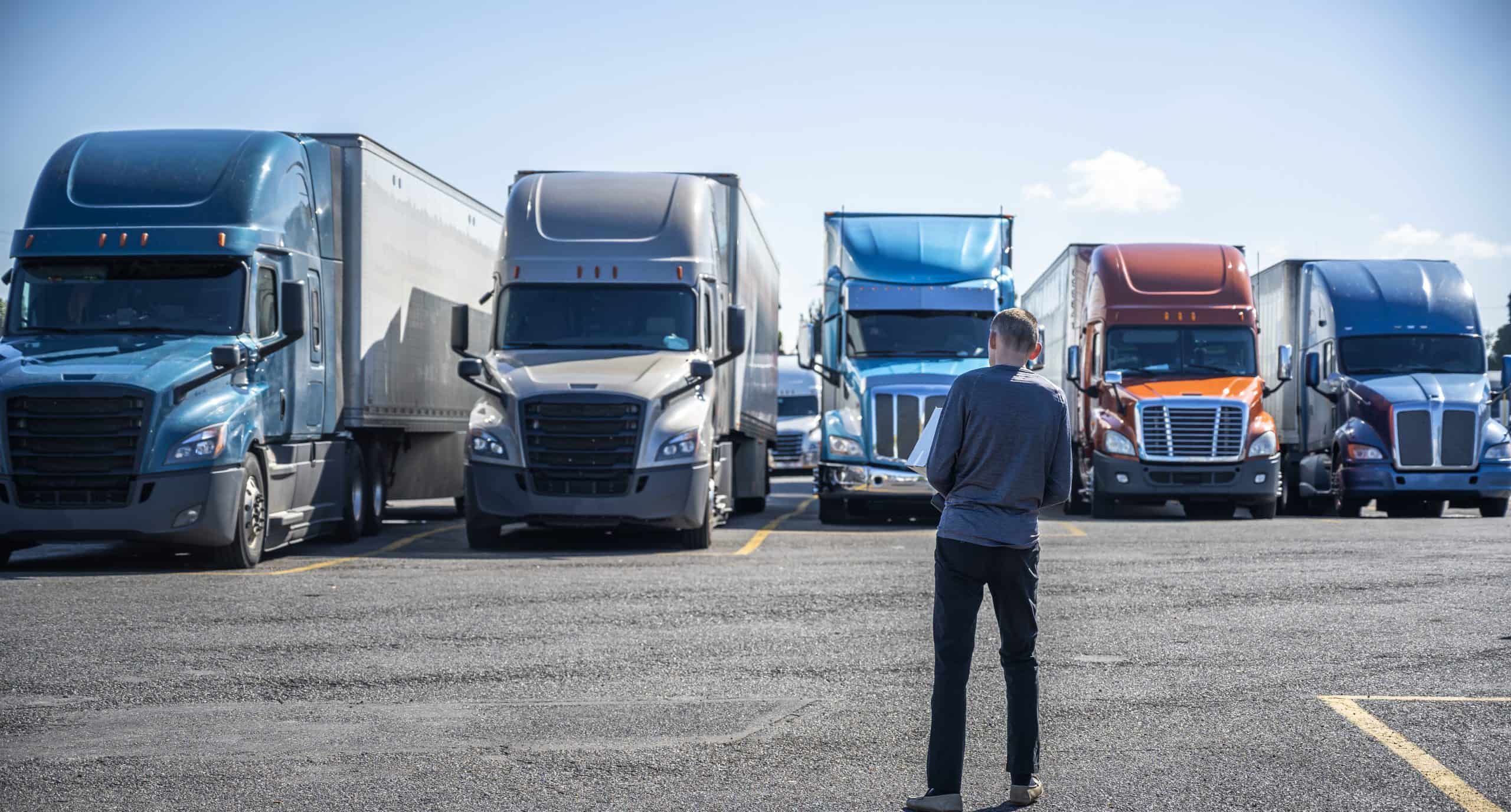
Location plays a significant role in determining insurance premiums, as areas with higher rates of accidents or theft may result in higher premiums. Additionally, the industry in which the owner-operator operates can affect insurance costs, with some industries considered higher risk than others. For example, owner-operators hauling hazardous materials or operating in areas with adverse weather conditions may face higher premiums due to increased risks.
Ultimately, insurance providers assess various factors when determining the cost of non-trucking liability insurance to provide a tailored premium that reflects the specific circumstances and risk profile of the owner-operator.
Type of loads being carried.
- Industry
- Type of truck
- Driving records of your employees
- Type of loads being carried
Bobtail vs. Non-Trucking Liability Insurance.
Bobtail insurance and non-trucking liability insurance both provide coverage for owner-operators during periods when they’re not under dispatch by a motor carrier. However, they differ in scope. Bobtail insurance specifically covers the truck when it’s being driven without a trailer attached, such as when returning home after delivering a load. Non-trucking liability insurance, on the other hand, provides broader coverage for personal use of the truck, including when no trailer is attached. Both types of insurance are essential for owner-operators to ensure they have adequate protection during non-business use of their vehicles.
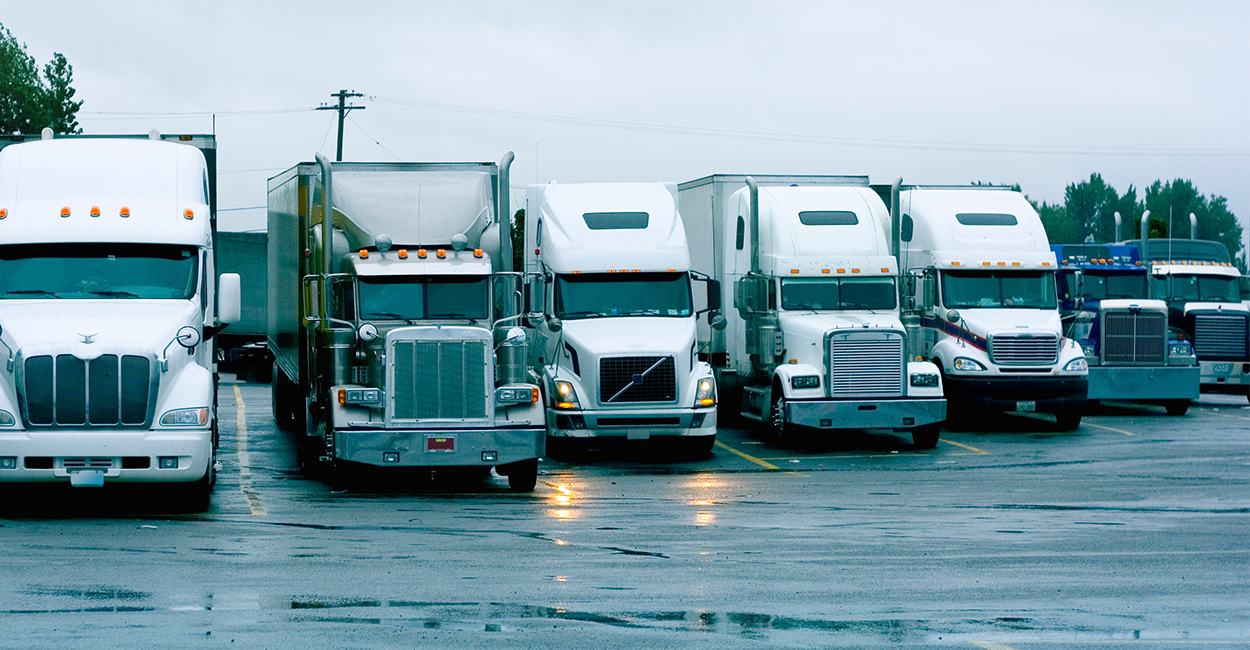
Find Out More About Commercial Insurance for Trucks.
Commercial insurance for trucks, also known as trucking insurance, is a specialized type of insurance coverage designed to protect commercial vehicles and their operators from various risks and liabilities associated with the trucking industry. Here are some key aspects of commercial insurance for trucks.
Bobtail Insurance:
Bobtail insurance, also known as non-trucking liability insurance, provides coverage for a commercial truck when it’s being driven without a trailer attached. This coverage is crucial for owner-operators who may operate their trucks without a trailer during non-business activities, such as returning home after a delivery.
Motor Truck Cargo Insurance:
Motor truck cargo insurance is a specialized type of insurance that specifically covers the cargo being transported by commercial trucks. It provides protection against loss or damage to the cargo due to accidents, theft, fire, or other covered perils while in transit.
Workers’ Compensation Insurance:
Workers’ compensation insurance provides coverage for employees who are injured or become ill while performing their job duties. It covers medical expenses, lost wages, and rehabilitation costs for injured workers, helping trucking companies comply with state-mandated requirements and protect their employees.

Commercial insurance for trucks is highly customizable, allowing trucking companies and owner-operators to tailor their coverage to suit their specific needs and risk exposures. Working with an experienced insurance provider specializing in trucking insurance can help ensure that commercial vehicles and operators are adequately protected against potential risks and liabilities in the trucking industry.
Non-Trucking Liability Frequently Asked Questions.
What is the mean Non-Trucking Liability?
Insurance, often referred to as “NTL” or “Bobtail Insurance,” provides liability coverage for commercial truck drivers when they are not engaged in business-related activities. This typically includes instances when the truck is being driven for personal use or when it’s not hauling any cargo. Non-Trucking Liability Insurance protects drivers from potential liabilities such as accidents or injuries that may occur during these non-business-related activities.
Driving records of your Non-Trucking Liability Insurances?
As an AI language model, I don’t have access to personal driving records or insurance information, nor do I have the ability to generate or retrieve such records. If you’re looking for your driving records or information regarding Non-Trucking Liability Insurance, you should contact your insurance provider or the appropriate government agency that handles driving records in your area. They will be able to assist you with any inquiries you have regarding your insurance coverage or driving history.
How to Get Bobtail Insurance?
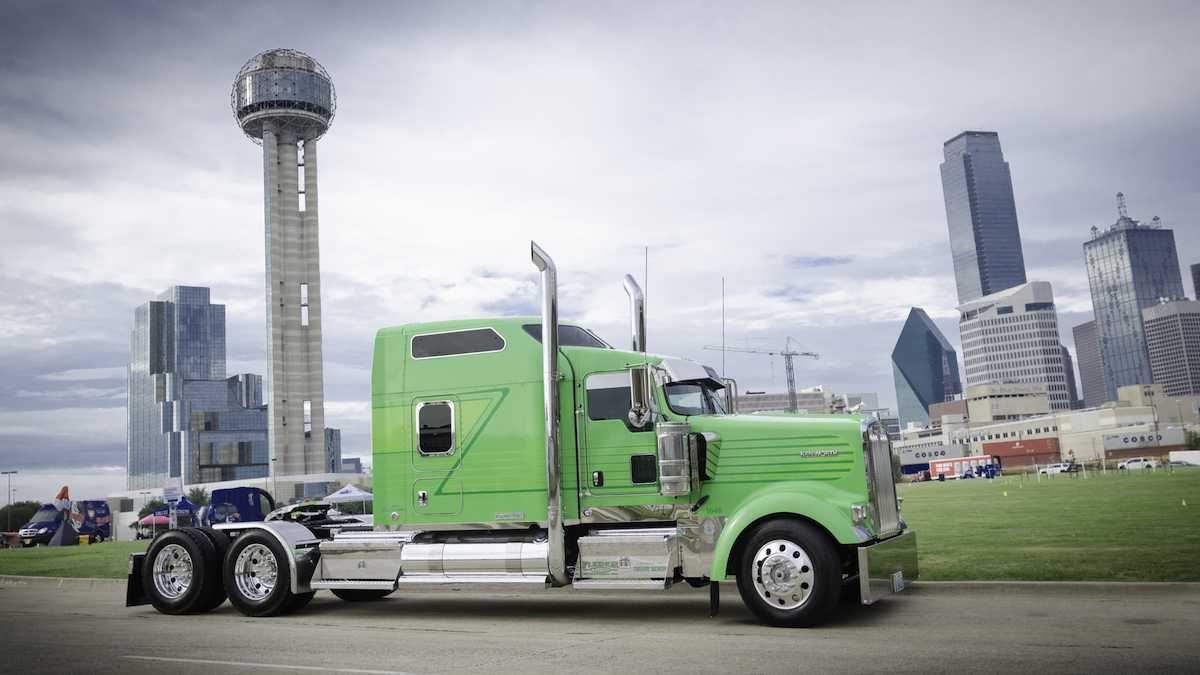
To obtain Bobtail Insurance, contact an insurance provider specializing in commercial trucking insurance. Provide details about your trucking operation, including the type of vehicles and coverage needed. The insurer will assess your risk profile and offer a quote. Complete the application process and make the required payments to secure coverage.
- Online Platforms:
- Insurance Agents/Brokers:
- Direct Purchase:
Get a Quote for Non-Trucking Liability Insurance?
To receive a quote for Non-Trucking Liability Insurance, contact insurance companies that offer commercial trucking insurance. Provide details about your trucking operation, driving history, and coverage needs. The insurer will assess your risk factors and provide a customized quote based on your specific requirements.

